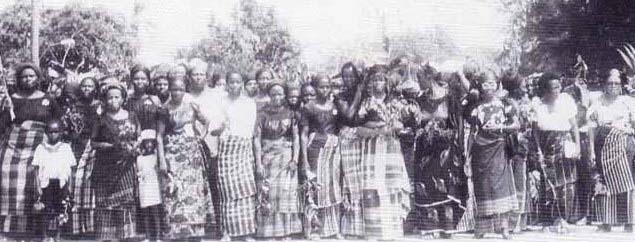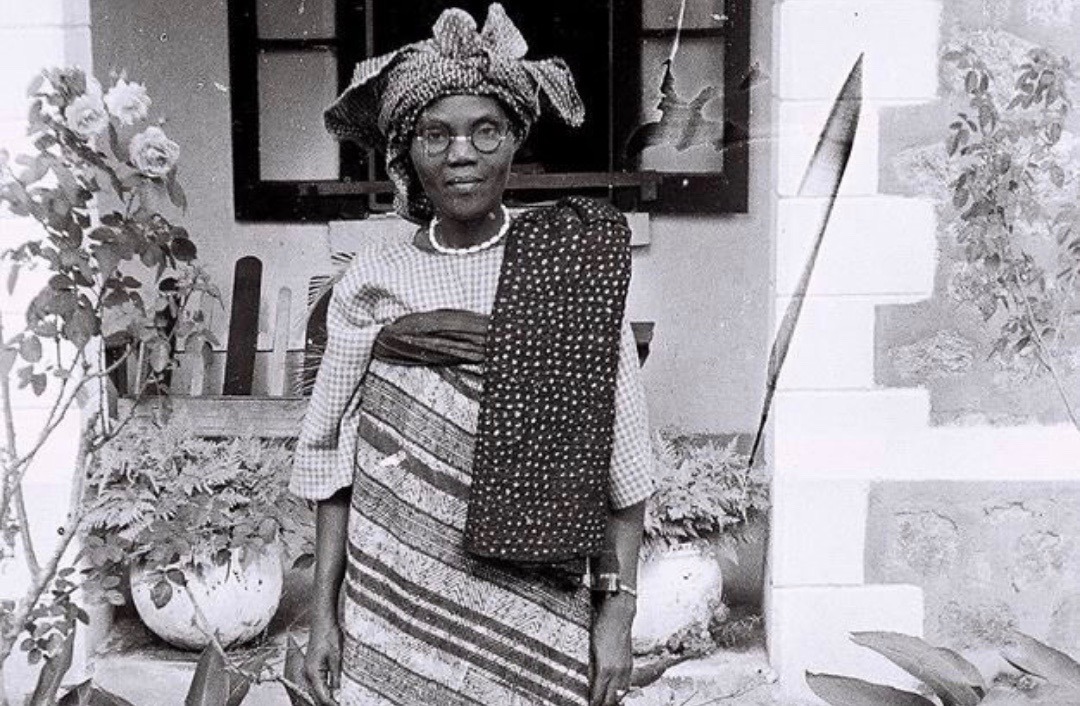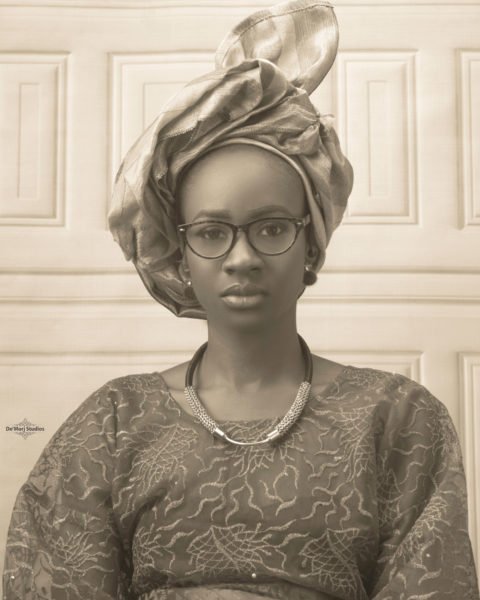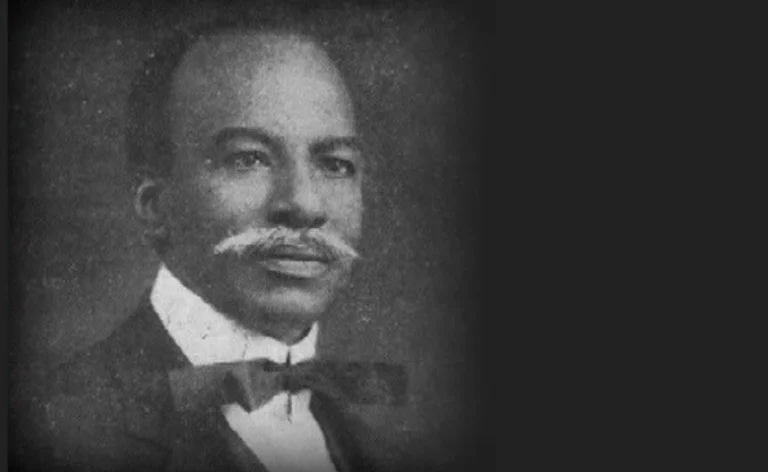Key Figures and Events in Nigeria’s Independence: The Aba Women’s Riot, Funmilayo Ransome-Kuti, Anthony Enahoro, and Herbert Macaulay
The Aba Women’s Riot, also known as the Women’s War, was a significant anti-colonial uprising that took place in southeastern Nigeria from November 1929 to December 1929. The protest involved thousands of Igbo women and was a response to oppressive British colonial policies and the imposition of warrant chiefs. Here are key points about the Aba Women’s Riot:
- Background:
- The Aba Women’s Riot occurred during the colonial period when Nigeria was under British rule. The administration sought to impose new taxes and introduced warrant chiefs to enforce colonial policies.
- Taxation and Warrant Chiefs:
- The British colonial authorities introduced direct taxation on the local population, targeting the market women. Additionally, warrant chiefs were appointed to assist in the collection of taxes and enforcement of colonial laws.
- Resentment and Grievances:
- The introduction of taxes and warrant chiefs created significant discontent among the Igbo women, particularly the market traders who were directly affected.
- The women felt that the taxes were burdensome and that the warrant chiefs were corrupt and oppressive.
- Omu Okwei and the Egwugwu Society:
- Omu Okwei was a market leader and a woman of influence among the Igbo. She played a crucial role in organizing the women.
- The Egwugwu, a traditional masked society, also became involved in the protest, adding a spiritual and cultural dimension to the resistance.
- The Protest:
- The women organized a massive protest against the imposition of taxes and the actions of the warrant chiefs. They used traditional methods such as singing, dancing, and displaying symbolic objects.
- The protest was peaceful, but it grew in scale as more women joined from different communities in the region.
- Response of Colonial Authorities:
- The colonial authorities initially underestimated the scale of the protest. However, as the women’s movement gained momentum, the administration responded by using force to suppress the uprising.
- The British colonial government deployed troops to quell the protest and arrested some of the leaders.

- Impact and Outcome:
- While the protest did not immediately lead to the repeal of the taxes, it had significant consequences.
- The Aba Women’s Riot exposed the discontent and resistance of the local population against colonial policies and contributed to a reevaluation of the administration’s approach in dealing with local communities.
- It marked an early example of women’s involvement in political resistance in Nigeria.
- Legacy:
- The Aba Women’s Riot is often cited as a pivotal moment in Nigerian history where women played a crucial role in opposing oppressive colonial policies.
- The protest is remembered as a landmark event in the broader struggle for Nigeria’s independence.
The Aba Women’s Riot stands as a symbol of resistance against colonial oppression and an early example of women’s involvement in political activism in Nigeria.
Funmilayo Ransome-Kuti, a Nigerian educator, activist, and women’s rights advocate.

Funmilayo Ransome-Kuti (1900–1978) was a Nigerian educator, political activist, women’s rights advocate, and one of the prominent figures in Nigeria’s struggle for independence. She was a pioneering woman in various fields and played a crucial role in advancing the rights of women in Nigeria. Here are key points about Funmilayo Ransome-Kuti:
- Early Life and Education:
- Funmilayo Ransome-Kuti was born on October 25, 1900, in Abeokuta, Nigeria.
- She received her early education in Nigeria and later attended Wincham Hall School for Girls in Cheshire, England.

- Teaching Career:
- Ransome-Kuti worked as a teacher and was committed to promoting education in Nigeria. She taught at various schools, including Abeokuta Grammar School.
- Activism and Women’s Rights:
- Funmilayo Ransome-Kuti was a trailblazer in the fight for women’s rights in Nigeria. She was actively involved in the Abeokuta Ladies Club, which later became the Nigerian Women’s Union (NWU).
- She advocated for women’s suffrage, economic empowerment, and education for women.
- Anti-Colonial Activism:
- Ransome-Kuti was also involved in the broader struggle against British colonial rule. She participated in anti-colonial protests and was a member of the Nigerian Youth Movement (NYM).
- She spoke out against oppressive colonial policies and called for Nigerian self-determination.
- Political Engagement:
- Funmilayo Ransome-Kuti was the first woman in Nigeria to drive a car. She was also actively engaged in politics and served as a representative of the Egba Women’s Union in the Western House of Assembly.
- Women’s Union and Market Women Protests:
- Ransome-Kuti played a leading role in the formation of the Nigerian Women’s Union, which later merged with the Nigerian Union of Teachers. The union advocated for women’s rights and social justice.
- She organized protests, including the famous market women’s protests against price controls and taxation. These protests, similar to the Aba Women’s Riot, were instrumental in drawing attention to women’s concerns.
- International Activism:
- Funmilayo Ransome-Kuti was active on the international stage. She attended conferences and engaged with global women’s movements, contributing to the discourse on women’s rights.
- Legacy:
- Funmilayo Ransome-Kuti is remembered as a fearless and influential advocate for women’s rights and social justice in Nigeria.
- She is the mother of three notable Nigerian activists: Olikoye Ransome-Kuti (a former Minister of Health), Beko Ransome-Kuti (a human rights activist), and Fela Anikulapo-Kuti (the iconic musician and political activist).
- Death:
- Funmilayo Ransome-Kuti died on April 13, 1978, as a result of injuries sustained during a military raid on her son Fela’s residence.
Funmilayo Ransome-Kuti’s contributions to women’s rights, education, and the anti-colonial struggle have left a lasting impact on Nigeria’s history. She remains a symbol of courage and resilience in the face of injustice.
Anthony Enahoro: Politician, journalist, and independence activist.

Anthony Enahoro (1923–2010) was a Nigerian politician, journalist, and pro-democracy activist who played a significant role in the country’s struggle for independence and later, its return to democracy. Here are key points about Anthony Enahoro:
- Early Life and Education:
- Anthony Enahoro was born on July 22, 1923, in Uromi, in present-day Edo State, Nigeria.
- He received his early education in Nigeria and later attended the University of London.
- Activism and Journalism:
- Enahoro became politically active at a young age. In 1944, while still a student in London, he edited a magazine called “Africa,” which focused on the issues of African nationalism and independence.
- Motion for Independence:
- In 1953, at the age of 30, Anthony Enahoro moved a historic motion in the Western House of Assembly calling for self-government for Nigeria within a specific timeframe. This motion marked a significant step in the push for Nigerian independence.
- Imprisonment:
- Enahoro’s activism led to his arrest by the colonial authorities in 1953. He spent three years in prison but continued to be a vocal advocate for self-government and independence.
- Return to Politics:
- After his release from prison, Enahoro remained active in Nigerian politics. He was a member of the Action Group (AG) political party led by Obafemi Awolowo.
- First Republic:
- Anthony Enahoro was elected to the Federal House of Representatives in the First Republic (1960–1966). He served as the Federal Minister of Information in 1963.
- Biafra and Civil War:
- During the Nigerian Civil War (1967–1970), Enahoro was a strong supporter of the unity of Nigeria. He opposed the secession of Biafra and was involved in diplomatic efforts to end the conflict.
- Exile and Return:
- Following the military coups of the late 1960s, Enahoro went into exile. He returned to Nigeria after the transition to civilian rule in 1979.
- Second Republic:
- In the Second Republic, Enahoro was elected as a member of the National Party of Nigeria (NPN) and later served as a senator.
- Democracy Activism:
- Anthony Enahoro remained an advocate for democracy and good governance in Nigeria. He played a role in the pro-democracy movements that emerged during military rule in the 1980s and 1990s.
- Death and Legacy:
- Anthony Enahoro passed away on December 15, 2010, at the age of 87.
- He is remembered as a courageous nationalist, journalist, and politician who contributed significantly to Nigeria’s struggle for independence and later efforts to entrench democratic governance.
Anthony Enahoro’s motion for independence remains a historic moment in Nigeria’s political history, and his lifelong commitment to democracy and national development has left an enduring legacy in the country.
Herbert Macaulay, nationalist and independence contributor.

Macaulay (1864–1946) was a Nigerian nationalist, politician, and social reformer who played a crucial role in the early political movements for independence in Nigeria. Here are key points about Herbert Macaulay:
- Early Life and Education:
- Herbert Macaulay was born on November 14, 1864, in Lagos, which was then a British colony in Nigeria.
- He came from a prominent and well-educated family. His grandfather, Bishop Samuel Ajayi Crowther, was the first African bishop of the Anglican Church.
- Education Abroad:
- Macaulay traveled to the United Kingdom for his education. He studied civil engineering and surveying at the University College London and also attended the Bromley College of Engineering.
- Return to Nigeria:
- After completing his education, Macaulay returned to Nigeria in 1893. He worked as a surveyor and established his own practice in Lagos.
- Political Activism:
- Macaulay became deeply involved in political and social activities. He was a vocal advocate for the rights and interests of Nigerians, particularly in the face of British colonial rule.
- He founded the Lagos Daily News in 1925, a newspaper that became a platform for expressing nationalist sentiments and advocating for political and social reforms.
- National Congress of British West Africa:
- Macaulay was instrumental in the formation of the National Congress of British West Africa (NCBWA) in 1920. The organization aimed to address issues of concern to Africans and promote unity among the British colonies in West Africa.
- Nigerian National Democratic Party:
- In 1923, Macaulay founded the Nigerian National Democratic Party (NNDP), the first political party in Nigeria. While the party initially focused on local governance in Lagos, it marked a significant step in the development of political parties in the country.
- Legislative Council:
- Macaulay was elected to the Legislative Council in Lagos in 1923, becoming one of the first Nigerians to be elected to the council. He continued to use this platform to advocate for political rights and representation for Nigerians.
- Advocacy for Independence:
- Macaulay was a strong advocate for self-governance and independence. He used his influence to push for constitutional reforms that would grant Nigerians more representation in government.
- Legacy:
- Herbert Macaulay is remembered as a pioneer in Nigerian nationalism and a key figure in the early political movements for independence.
- His efforts laid the groundwork for future generations of nationalists who would eventually lead Nigeria to independence in 1960.
Herbert Macaulay’s contributions to Nigerian nationalism and his efforts in promoting political awareness and representation have earned him a place in the history of Nigeria’s struggle for independence.
Related Reading Former President Muhammadu Buhari and Olusegun Obasanjo – Background, Political Career and an Overview of their Rule for 8years

